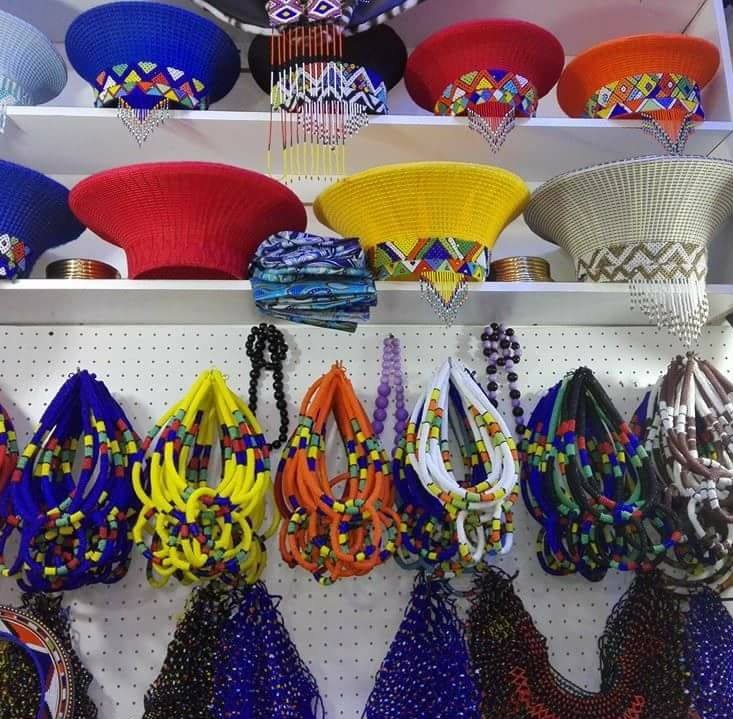Inntroduction
The Zulu are described as the largest South Africa’s ethnic group and are well known for their military exploits. They are also known for their enthralling dances. They are very colorful people with impressive crafts, beadwork, and pottery. Other countries Zulu are found are: Botswana, Eswatini, Lesotho, Malawi, Mozambique and Zimbabwe.
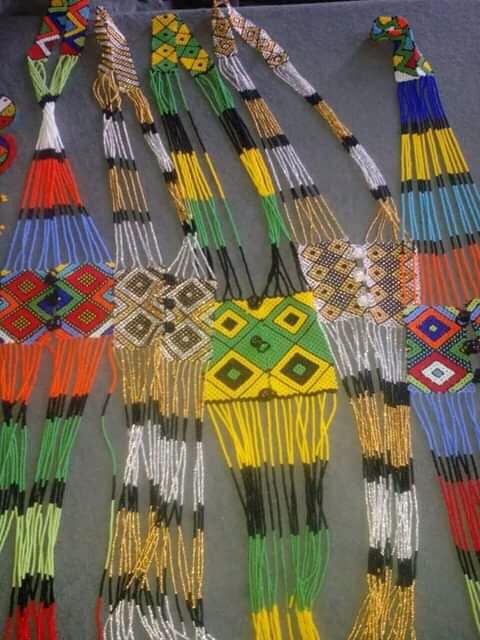
Their history dates back some thousand years ago and their influence has left a lasting mark on South Africa. The origins of the Zulu tribe are found in the Great Lakes region, where they are believed to have settled as a small group of nomadic pastoralists. In time, the Zulu migrated southward and settled in the region now known as KwaZulu-Natal, on the east coast of now South Africa.
It was here that King Shaka Zulu, one of the tribe’s most iconic leaders, played a pivotal role in the consolidation and expansion of Zulu power in the 19th century.
Shaka was a Zulu king was a military leader who conquered their competing Nguni tribes and assimilated them into his Zulu Kingdom, forging one of the most powerful empires known on the continent of Africa because of his advanced military tactics. He recruited and trained more military leaders to expand the Zulu nation even further. Shaka was the son of Senzangakona.
The name Zulu means “Sky.” It is also the name of a common ancestor who founded the Zulu royal line around 1670. But the writing of Zulu was started by missionaries in the then Natal.
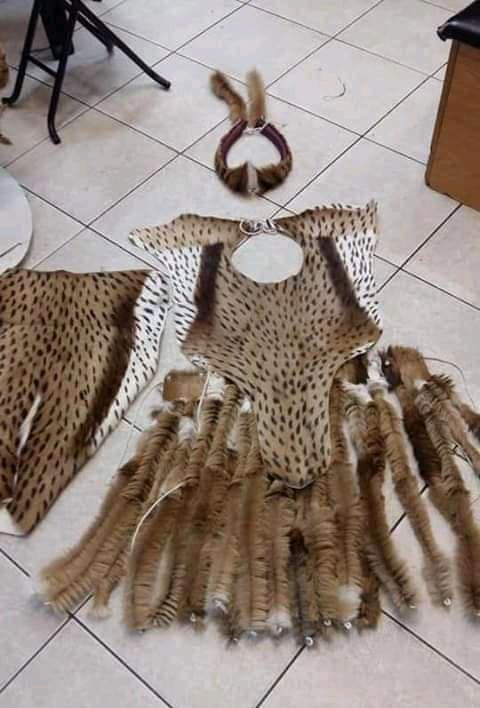
The Zulu people of today, most of whom live in the South Africa, still trace their royal line back to Shaka, who rule between 1816 and 1828, when he was assassinated by his close associates and half-brothers and the Zulu Empire began to weaken after his death. Because of this, Zulu people hold Shaka with very high esteem and celebrate Shaka Day in honor of the founder of the Zulu Kingdom and it is celebrated every September.
The new Zulu lord, Dingane, upon taking over, allowed the Europeans and they arrive between Durban and the Tugela Stream, but afterward had the European pilgrims butchered. The Dutch regrouped and crushed the Zulus, at that point set up the republic of Natalia, which included Durban.
The Dutch before long ago found themselves at chances with an developing British colony. The British took over Natal and Durban, and the Dutch/Afrikaners were driving north. Moreover, the Zulus had to bargain with the engaged British. The Zulus were getting to be more capable with a ruler named Cetshwayo. In 1879 the British soundly crushed a Zulu armed force, slaughtering 1,000. Within the 1890s, the Zulus were weakened, to begin with by beetles, edit disappointments and illnesses for their cattle. Devastated Zulu men turn to getting to be wage laborers, which was what the British needed. Zulu men cleared out their families to work in mines and railroads.
Within year 1920s, Zulus were flooding into Durban for work. They lived in shantytowns. Within the 1940s apartheid started to develop; an exertion to isolated Dark Africans from Whites. They were moved to “homelands” such as KwaZulu, and Zulu men as a rule worked as transient laborers, clearing out their families for much of the year in their homelands. This circumstance has set the organize for numerous of the social issues nowadays: Diseases and sadness.
Also Read: The History of Gbagyi People In Nigeria
The loveliest thing about the Zulu language is their mode of greetings. For instance, when a Zulu greet you “Sawubona,” which means “I see you” or “I value you.” Your response to this greeting is “Shiboka,” which translates to “I exist for you.” Is this not lovely?
Beliefs
Zulu belief in their god which they called “Unkulunkulu” and they described him as the god of creation. This god has similarities and difference with the God of the Bible. They believe they must appease these spirits or face serious consequences if they failed to. They use diviners to interface with the spirit world.
Though, as many Zulu people converted to Christianity under colonialism. However, there are many Christian converts, ancestral beliefs have not disappeared from them. Instead, there has been a mixture of traditional beliefs and Christianity. Ancestral spirits are still important with some of the Zulu religious life, and offerings and sacrifices are made to the ancestors for protection, good health, and happiness. Ancestral spirits come back to the world in the form of dreams, illnesses, and sometimes snakes. In that many Zulu also believe in the use of magic. Ill fortune such as bad luck and illness is considered to be sent by an angry spirit. When this happens, the help of a traditional healer is sought, and he or she will communicate with the ancestors or use natural herbs and prayers, to get rid of the problem.
There are many prayers request from Christian about Zulu that one day, Zulu Christians will put their faith in Jesus Christ instead of the spirit world and soon Zulus will disciple others in the ways of Jesus Christ and also pray for a Holy Spirit led revival to transform Zulu culture, bless them spiritually and economically. Amen.
Festival
Zulu individuals hold Shaka in exceptionally tall regard and celebrate Shaka Day in honor of the originator of the Zulu Kingdom. It is held in September of each year. Turned out in conventional pieces of clothing (amabheshu, for the men, and isidwaba, for the ladies), Zulu individuals from both domestic and overseas accumulate around Shaka’s headstone in KwaDukuza in KwaZulu-Natal Territory.
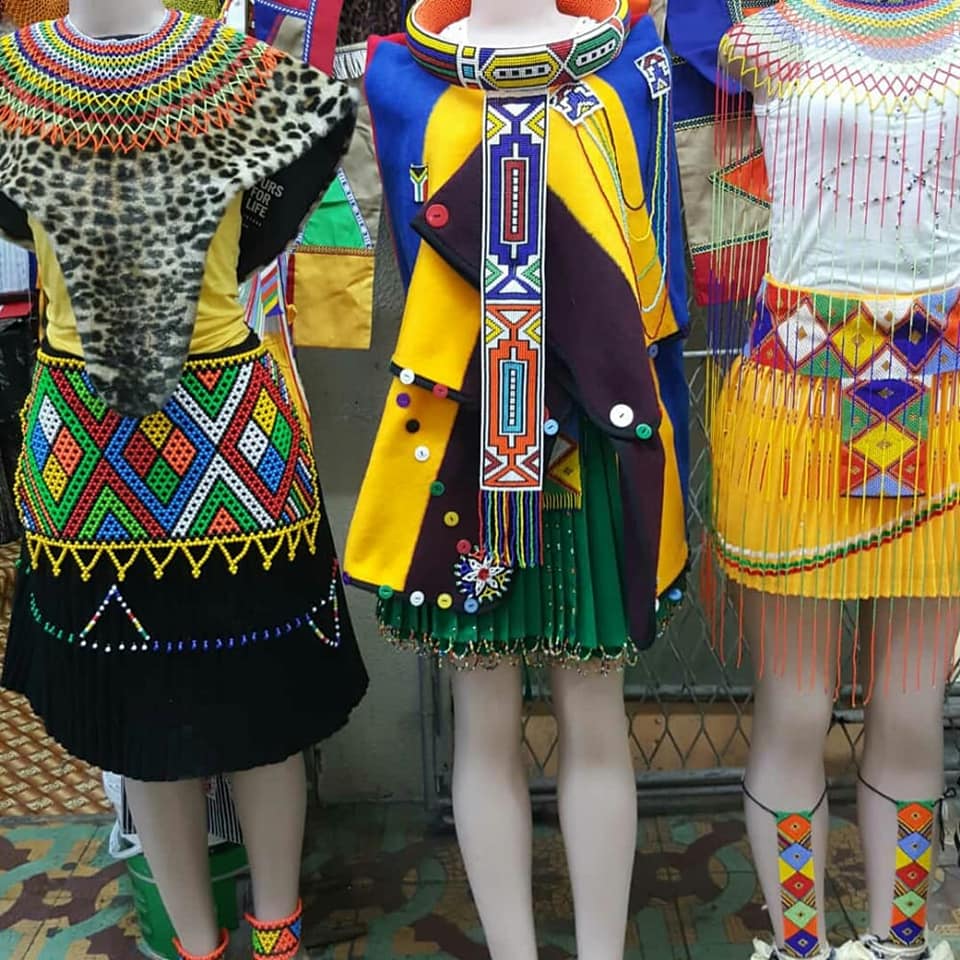
Neighborhood laud artists for sing the acclaims rulers of Zulu, starting from Lord Shaka to the display ruler. The Zulu are exceptionally affectionate of tune and move, and will exceptionally much put their melodic and move aptitudes to great utilize on Shaka’s Day.
Culture
Umemulo, or the adolescence ceremony, could be an exceptionally captivating ceremony among the Zulu individuals that marks the move to adulthood, particularly for young ladies. They are isolated from other individuals for some time, implying the said move, and after that they return to society in a ceremony by the ritual killing of animals, music, move, and party. When this ceremony is performed, the young ladies are prepared for marriage.
Marriage in Zulu
In Zulu like any other culture, marriage or umshado is a significant rite of passage and involves a series of rituals, including bride price “lobola”, which is a payment made by the groom’s family to the bride’s family. The wedding, known as “Umabo,” is often a grand celebration that strengthens family ties and celebrates the union of two families.
Then the wedding ceremony is profoundly established in genealogical love, with the bride’s father informing the ancestors that his girl is leaving his house to connect with another family, and the groom’s family inviting the bride into their hereditary home by welcoming her warmly.
The traditional Zulu wedding always takes place at the family home of the groom unlike other tribe where the traditional wedding takes place at the bride’s family house. The bride will leave her home early in the morning, covered in a blanket given to her by her mother. The bride’s father leads her to her new family home, and she is advised not to look back, so as not to invite bad luck. According to their culture, when the bride looks back, she has invited bad luck to her home. That’s why she has to cover her face with blanket.
The bride’s father will call out the family’s clan names, telling the ancestors that his girl is formally taking off to connect with another family. On entry at the groom’s house the bride must walk around the house so as to be presented to her husband’s ancestors, before entering the house through the kitchen whereas no one is taking note of her – the groom’s family will pay a punishment for not being mindful of the bride – they ought to have gone to get her. The bride’s family moreover comes early within the morning, with the wedding ceremony beginning at around afternoon.
The groom buys two cows which are butchered and eaten on the day of the ceremony. He moreover buys a goat that’s butchered after the head of the family has talked. The father of the groom opens the ceremony by inviting his new bride, with the bride’s father moreover saying a few words, as a sign that he endorses the union. After that the ceremony begin with nourishment.
While gifts and money are given to the bride’s family prior to the wedding, on the day of the umabo it is now the turn of the bride’s family to give their gifts. The exchange of gifts symbolises the forming of a new bond of unity between the two families.
You Can Also Read: Bajju History And Origin Of Southern Kaduna Nigeria
Then the bride’s family buys grass mats, blankets for the women, beer pots for the men, as well as some pieces of furniture and brooms, which are given out to guests at the wedding by the bridesmaids and sisters of the bride. The bride sits on a grass mat, and refrains from talking or looking at anyone out of respect, while her bridesmaids hand out the gifts. The names of the various people receiving the gifts are called out one by one. The wedding guests will lie on the grass mats, before being covered with a blanket by a family member from the bride’s side. They then sing and dance as a sign of appreciation for the gifts. Older women are called first, followed by the groom’s sisters, and finally the men. The groom is the last person to be called.
One of the dramas they used to play is to know whether the bride can recognize the groom. After the groom has been called the bride gets up, makes up a mock bed and goes round the spectators to look for her husband. When she finds him, she will place grass mats on the floor leading to the bed, where the groom will sit on it. The bride takes a basin with a towel and soap and washes the groom’s feet. She then pulls back the bed covers for the groom to lie on. As part of the drama the bridesmaids and other young ladies from the bride’s side hit the groom with small sticks, after which the groom runs away. Hope this is interesting?
Zulu Food
One of the Zulu foods is maize meal. This is a staple Zulu food, and is usually eaten in a dish called uphutu, which is a crumbly maize meal porridge generally eaten cold with amasi but is also enjoyed hot with beans or cabbage depending on the one you want to mix with. Zulu food are mainly vegetarian dishes that predominantly consists of vegetables and grain. Starch is a dietary staple and they also take form in pap (porridge) and beer. Pumpkins and potatoes are also common ingredients used to in Zulu traditional dishes.
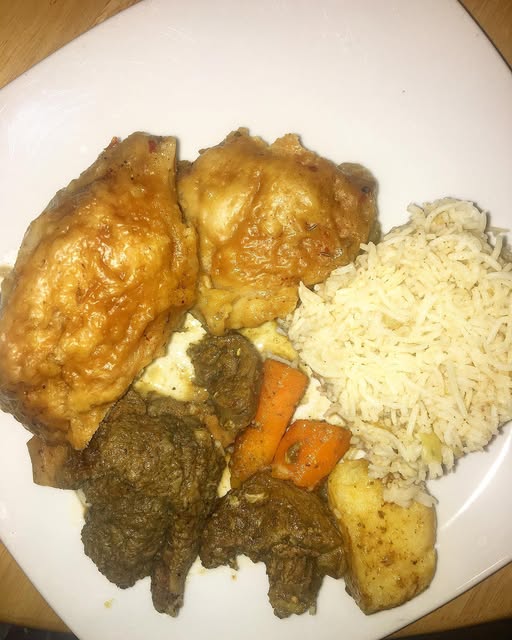
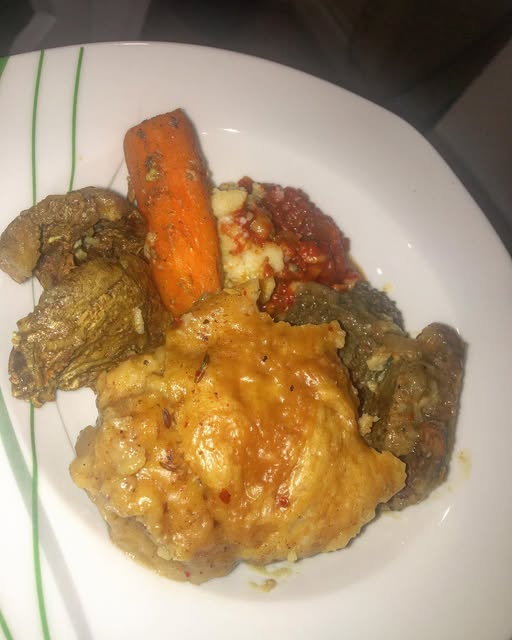
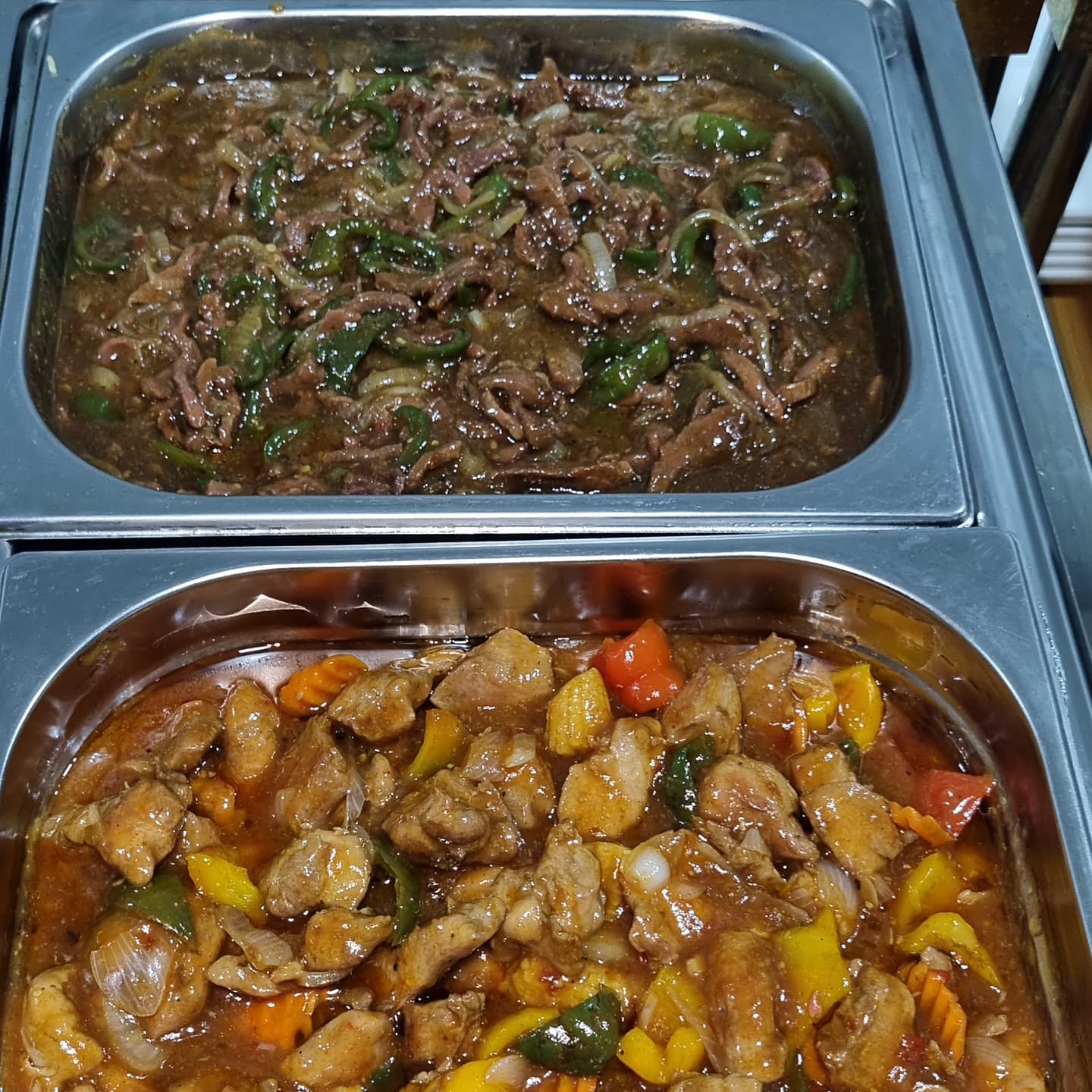
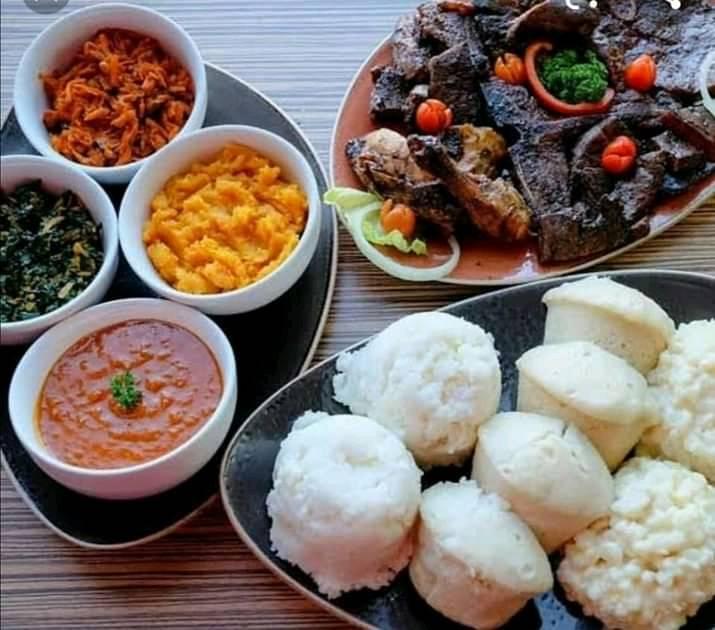
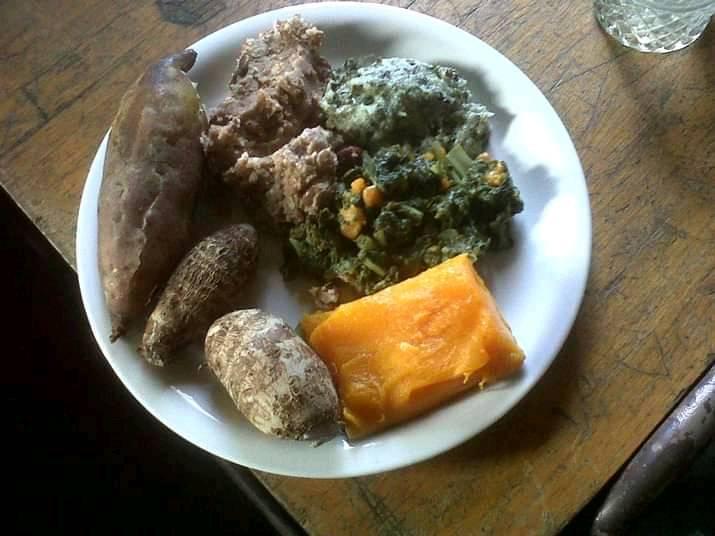
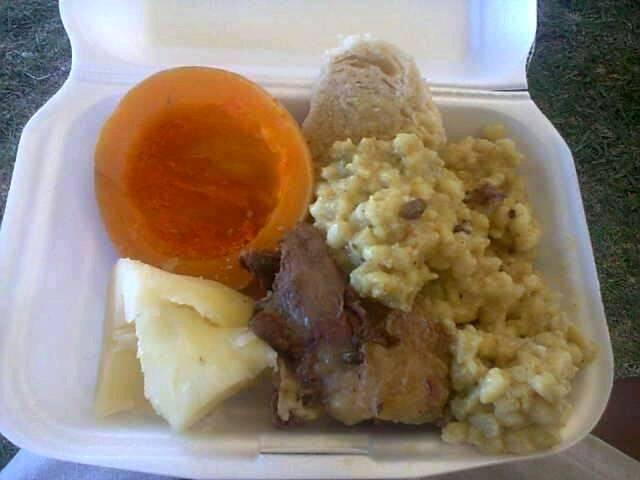
Other foods in Zulu are: Amadumbe, Dombolo, Ujeqe, Amasi, Isijingi. Hope this article is helpful? We are doing this to bring unity in tribe without any sentiment whatsoever. We are human, created for a purpose. Let join others when they are celebrating their cultural heritage without any sentiment. Let build unity through tribes and languages and the world will become a better place for all of us. Keep visiting our website for more. We will soon reach your tribe just be patient with us. We love you all.

